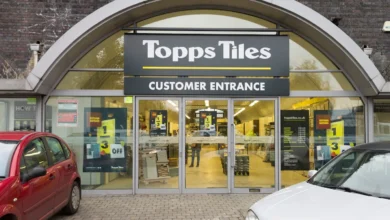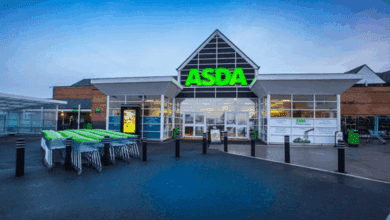How businesses can prepare themselves for trading following a no-deal Brexit

Register to get 1 free article
Reveal the article below by registering for our email newsletter.
Want unlimited access? View Plans
Already have an account? Sign in
It should come as no surprise that the Government would leave establishing trade strategy within the EU, post-Brexit, up to the individual business. Now that retailers are going to be responsible for determining their own delivery structure, delaying the inevitable will do more harm than good, in an already volatile retail market. However, with the right delivery infrastructure which is seamless and transparent, Brexit can actually be an opportunity for international growth.
Brexit will undoubtedly force some logistical challenges within EU regions. With free trade between the UK and EU seemingly unlikely, new tariffs and stricter border controls will be enforced when delivering to and from these countries. This will increase the cost and delivery time for both customers and companies. EU trade makes up a sizeable 44% of all UK exports, if companies continue to be so heavily reliant on EU trading, their profit margins will likely take a hit and supply chains will be slower. Moreover, businesses that manufacture or source products will also need to consider regulation on a country-by-country basis, adding to the admin that companies will have to undertake.
Organisations would do well to start targeting emerging regions of rapid eCommerce growth, such as China, Russia and Brazil. Companies could see major growth to their business if they have the right approach and partner to help maximise their success in these regions. This is a significant growth opportunity given that retail spend in this area was priced at $1.47 trillion last year, with 90% of that concentrated in the top five marketplaces, three of which are in China. The hurdles Brexit will raise within the EU provide a real incentive for companies to explore international expansion and diversify their revenue streams.
Navigating changes in delivery strategy
The new taxes and duties companies will likely have to deal with when delivering to EU countries mean customers will face higher delivery costs following Brexit. On top of that, businesses need to work out how to best cope with the additional expenses. For example, customers do not appreciate unexpected delivery charges at checkout when making a purchase – with research from Baymard institute indicating that lack of transparency at checkout is responsible for as much as 24% of all cart abandonment. As such, it’s imperative that companies ensure they are transparent with their pricing and have software capable of providing clear delivery costs and options at the point of checkout. If retailers make checkout easy to navigate and put all the relevant delivery information in one place, customers are less likely to abandon their cart.
SMEs will also need to be vigilant of the regional complexities that delivering to new countries will bring, as well as the changes enacted by countries they already deliver to. For instance, companies shipping to Saudi Arabia would need to take into account the cultural preference to ‘pay on delivery’ rather than at checkout and be able to accommodate this. International nuances like this highlight why it’s important for companies to partner with operations and logistics end-to-end advisors that can fill gaps in their knowledge. Each region will have to be dealt with separately in terms of delivery approach and tariffs, and companies need to be attuned to this. Companies can heavily benefit from trading outside of the EU, but they’d be foolish to do so without the necessary support systems in place.
Hattons show that it can be done
While the complexities that international expansion presents can be overwhelming, retailers who implement a transparent delivery strategy that considers, duties, taxes, dispatch speeds and convenience for customers, will flourish post-Brexit. GFS’ partnership with Hattons Model Railways is an excellent case in point. The partnership has helped Hattons streamline their carrier offering, and fuel their expansion into three new international marketplaces, one being the US. Their delivery fulfilment has been boosted by 40% and they expect a projected annual revenue increase of 50%, thanks to the right delivery approach. Even with a no-deal Brexit, businesses can flourish but they need to seek advice from end-to-end delivery advisors immediately in order to prepare a successful delivery strategy.
Dan Ennor is the commercial director at Global Freight Solutions







